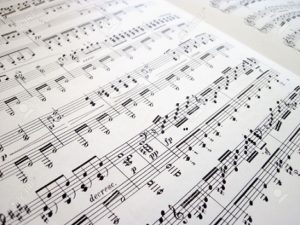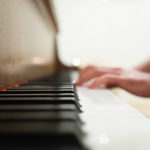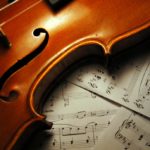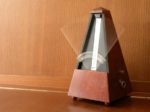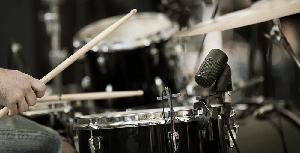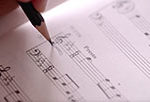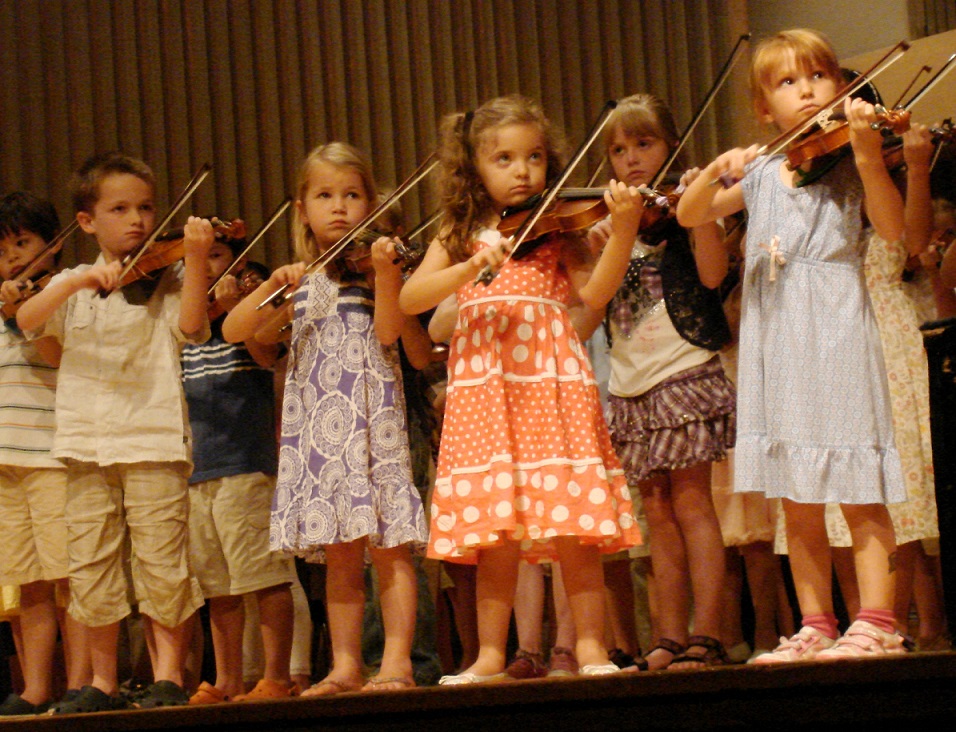
If you’re reading this, you’re likely a parent who’s concerned (and rightly so) about choosing the right instrument for your child.
While the key to mastery of an instrument lies in copious amounts of practice, you and your child could have a much easier and more enjoyable time learning music if you help him or her select a more suitable instrument. In this article, we share some tips to choose the best instrument for your child by considering age, physical features, personality, instrument popularity, interest, and your financial position.
Age
With age comes increased physical strength and height. Both of these should be considered when selecting an instrument with your child. While it is easier to learn music at a young age, some musical instruments are more suitable for your child when your he or she develops the necessary strength to hold the instrument in place and/or grows taller relative to the size of the instrument.
Physical strength
Instruments such as the tuba and the cello are bulky and heavy. Your child will need some strength to hold the instruments to play as well as to transport these instruments. Similarly, core and back strength are important, for learners to maintain their proper posture. For example, if drummers play with bad posture, they may sustain neck, shoulder, and back injuries.
Height
Some instruments require your child to be of a certain size to be played. For instance, your child will need to be tall enough to be able to engage the full range of motion of the trombone’s slide mechanism to hit all its notes. Thankfully, most other instruments come in various sizes, such that your child can start learning early. However, this means that you’ll have to invest in properly fitted instruments as your child grows.
Oral features
Beginner learners of brass and woodwind instruments will take some time to develop the necessary embouchure (mouth placement) for their respective instruments. While most, if not all, children will eventually get their embouchure right, they might need slightly more time to master the embouchure of the French horn and the oboe due to the instruments’ narrow mouthpiece and double reed respectively. Children with thin lips and even teeth will usually have an easier time contorting their mouths to fit these instruments. On the other hand, if your child needs to undergo orthodontic treatment (eg. braces), it may be better to avoid instruments that involve blowing because practicing could inflict pain.
Size of hands
If your child happens to have larger-than-average hands with long fingers, he or she will have an easier time playing the piano, especially at higher levels, where playing chords spanning more than one octave is common. Nonetheless, if your child’s hands aren’t particularly big, there are ways to get around that. Besides, learning the piano as a first instrument can help children get the hang of reading sheet music faster because the layout of the keyboard makes it easier to see the relations between melody lines and how they appear of staves.
Personality
This may be less apparent, but it’s also important to consider your child’s personality when choosing an instrument. Your child will have different experiences learning and performing different instruments. Extraverted children who love to be the center of attention may be more suited to learning the flute, trumpet, violin, or electric guitar as players of these instruments not only are commonly part of musical groups, but also get featured very prominently in these groups. On the other hand, reserved and contemplative children may be more comfortable with the piano, which is more commonly learned and performed solo or in small groups.
Popularity of instrument
Generally, the piano, guitar, flute, violin, and trumpet are the most popular instruments to learn. Others, such as the viola and bassoon tend to be less popular. Depending on the popularity of the instrument chosen, your child’s music learning experience could differ.
Popular instruments
Some children may be more motivated to learn popular instruments as they may be able to make more friends who also play the instrument, or at least garner more recognition more easily for the headway he or she makes with the instrument.
Popular instruments also tend to have more teachers and accessible resources. You will be more likely to find a teacher nearby so that your child can avoid long commutes with his or her instrument. However, the downside is that your child may find it harder to get a position in a musical group in school or elsewhere, due to the fierce competition.
Uncommon instruments
Instead of being just another learner of the piano, guitar, or violin, some children may prefer to be unique and recognised for having a very special, niche skill of their own. As such, they may rather learn a comparatively rare instrument.
Your child will also be in high demand by ensembles. However, finding teachers and resources for learning may pose greater challenges. Your child must be prepared to travel further just to attend lessons.
Interest
Perhaps most importantly, your child must at least be remotely interested in the instrument. While it’s normal for young children to gain and lose interest in things quickly, it’s essential that your child is enthusiastic in learning the instrument at the beginning. If your child can appreciate the sounds of the instrument, he or she will be more likely to enjoy learning the instrument. Consider letting your child experience each instrument at a shop before choosing one together. While your child may be indifferent to several different instruments, it’s quite likely that you can ascertain if your child prefers melody, harmony, or rhythm. If your child shows a clear affinity for the rhythmic parts of music, it’s likely that he or she would prefer learning the drums over the clarinet.
Financial considerations
Once you and your child have a pretty good idea of what instrument he or she wants to learn, it would be prudent to plan for the costs of your child’s music education. As it takes years to develop competency in an instrument, you have to prepared to make a long term investment for your child. We outline the main costs to be considered below:
The instrument itself
- Pianos tend to be the most expensive, with a decent one setting you back around 2000 USD.
- Violins, flutes, and trumpets are a lot more affordable, starting with beginner models priced from 150 USD. However, you may have to invest in larger sized and higher quality instruments for your child as he or she grows and progresses.
- Consider rental instruments if you do not wish to commit large sums of money until you are sure your child’s interest is sustained.
- For pianos, digital pianos may offer a more budget friendly option. To find out more, do give our guide about digital and acoustic pianos a quick read.
Instrument maintenance
- Pianos need to be tuned at least twice a year, which is typically at least 100 USD per session.
- Stringed instruments need their strings replaced
- Woodwind instruments need their reeds changed, corks replaced, and yearly adjustments by a instrument technician
Lessons and examinations
- Fees will vary by instrument and region, but they usually rise as your child progresses through the grades.
- Most instruments, apart from the piano, require an accompanist to play together with your child during exams. Unless you have a contact who is willing to do it for free, you will have to hire a professional to accompany your child during his practice sessions and examinations.
- Starting off with online lessons is a good idea as well, as they are often a lot cheaper than hiring a private teacher.
How about music theory?
After choosing an instrument, parents frequently ask if their children need to learn music theory as well. Without a doubt, knowledge of music theory will deepen your child’s understanding of music and the context within which his instrument is played, making for more sensitive and well-rounded musicianship. It’s especially important if your child will be playing in a group in the future, as music theory knowledge will give him or her a basic understanding of what players of other instruments do.
For more information, do give our article about the importance of music theory a read!
Ending remarks
Finding the right instrument for your child is essential. Remember to ensure that your child’s instrument is of a suitable size and decent quality too! This will go a long way to bolster your child’s effective learning and enjoyment in his or her music education. Nevertheless, while following these tips to choosing an instrument is important, getting the right start is not the only element for your child’s success in music. Commitment to practice is just as important, if not more. We will share some pointers on how to motivate your child to practice in August, so keep a look out for it on our blog!
We hope that you and your child enjoy the beginning of his musical journey together!
Ready to learn music?
Start learning with our 30-day free trial! Try our music courses!
About Liberty Park Music
LPM is an online music school. We teach a variety of instruments and styles, including classical and jazz guitar, piano, drums, and music theory. We offer high-quality music lessons designed by accredited teachers from around the world. Our growing database of over 350 lessons come with many features—self-assessments, live chats, quizzes etc. Learn music with LPM, anytime, anywhere!


